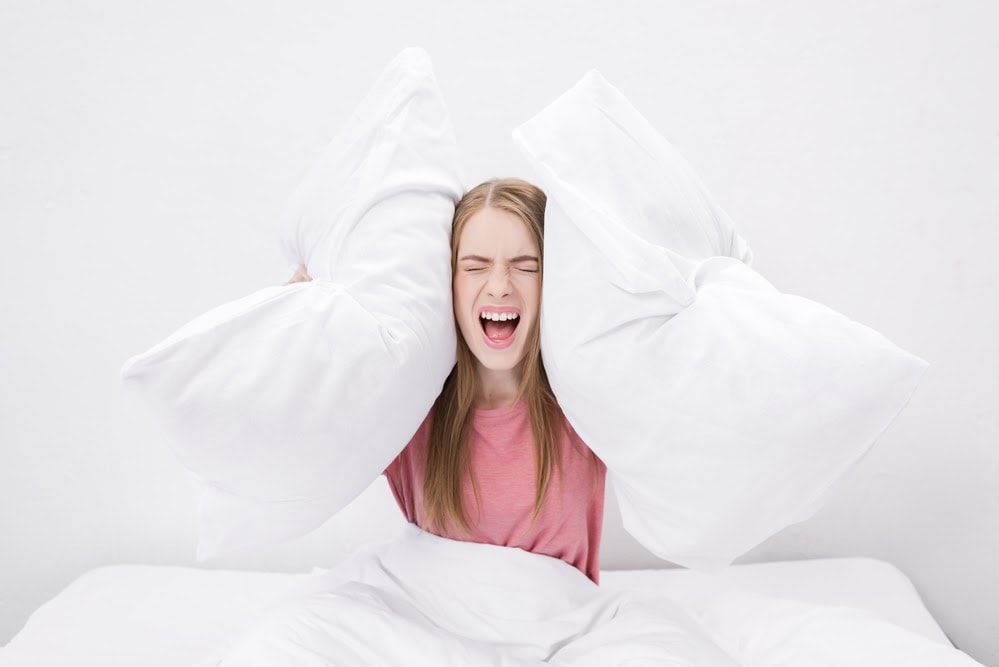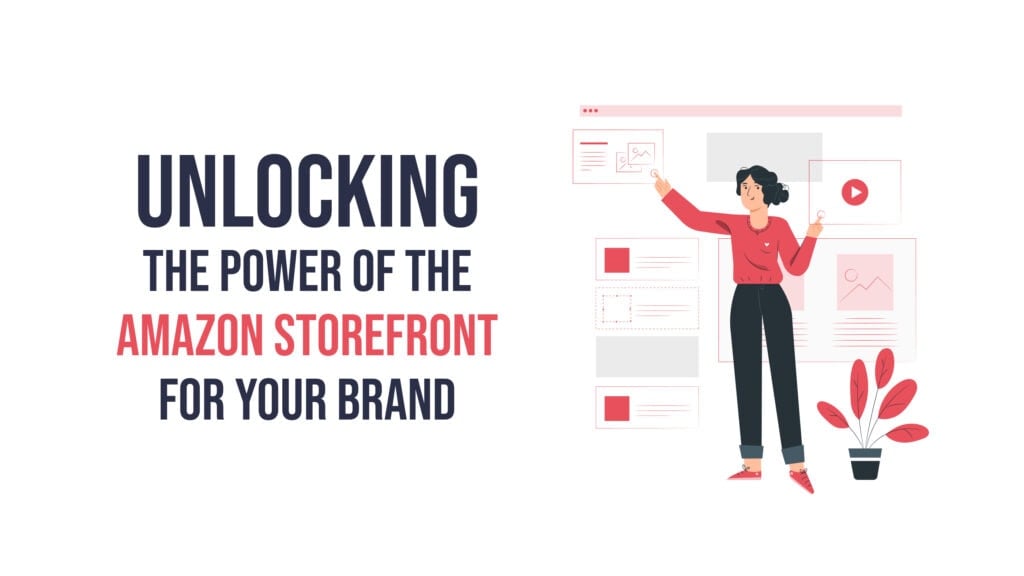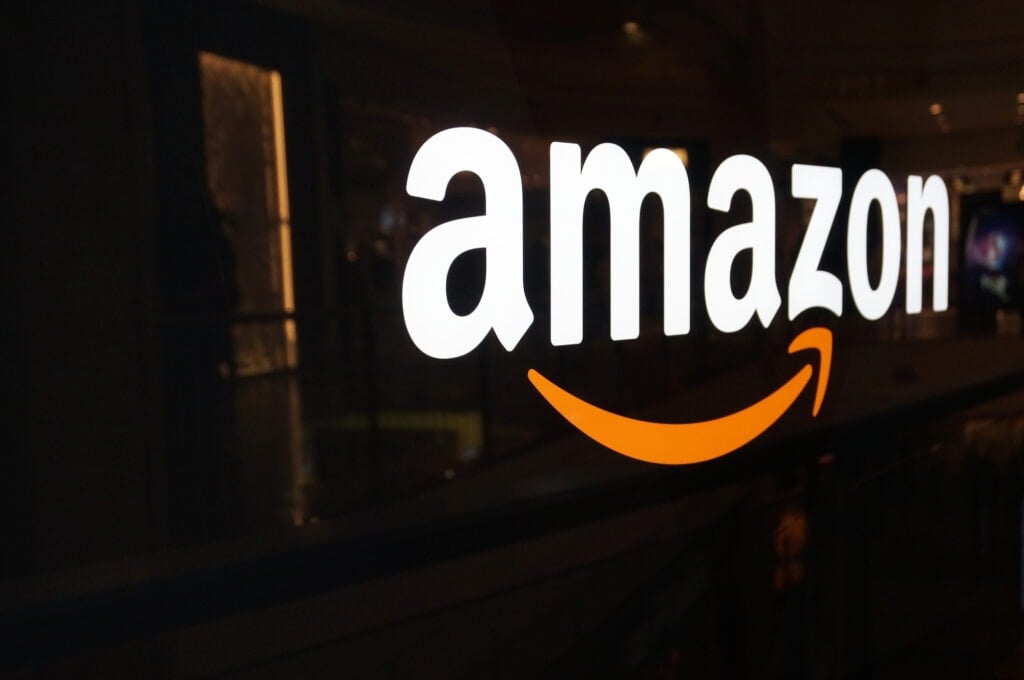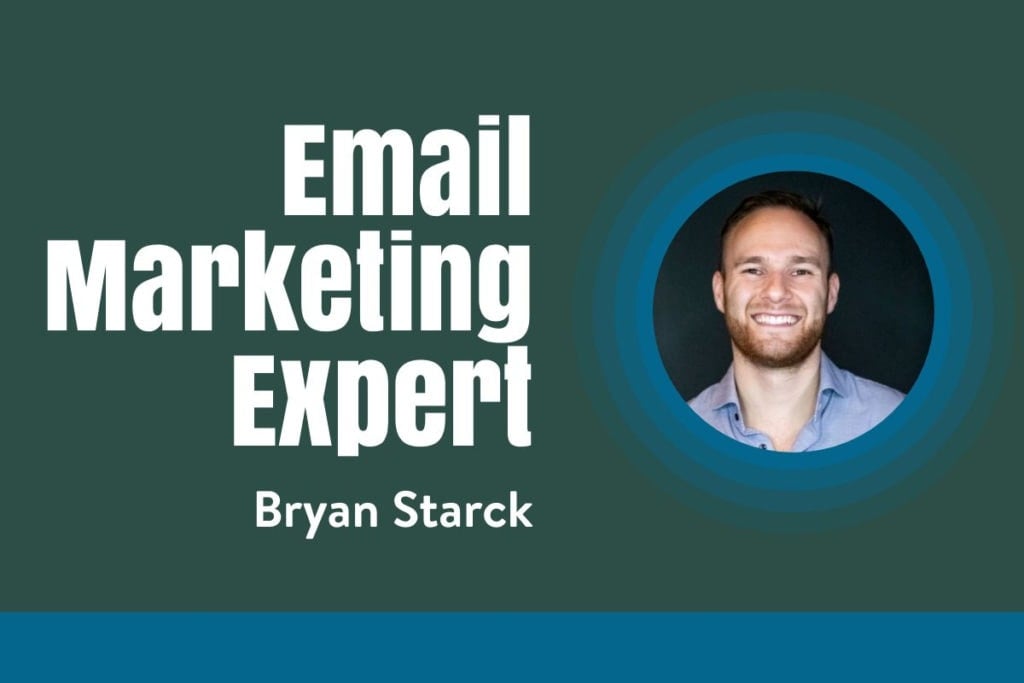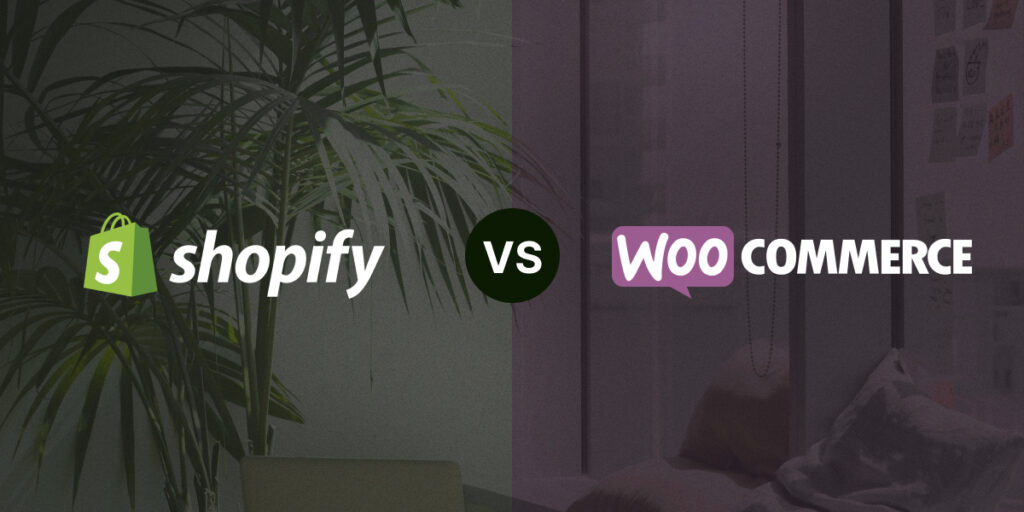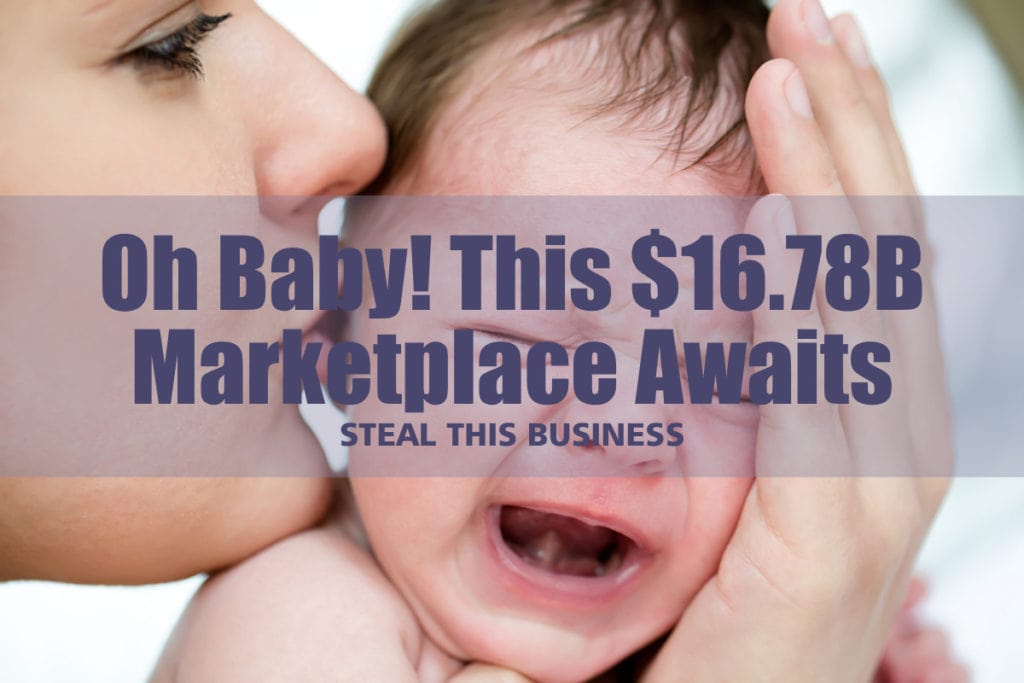One sheep. Two sheep. Three sheep. Good sleep.
How many sheep do you count each night before dozing off to sleep? Good sleep is essential for good health. But is anyone getting enough?
What is a good average night's sleep? The CDC reports that adults need 7 or more hours of sleep each night. Unfortunately, that number is a pipe dream (bad pun?) for many. A survey conducted by OnePoll on behalf of Mattress Firm found that 40% of adults get only 5-6 hours of sleep nightly. And another 12% only sleep 2-3 hours.
Why does over half the population suffer from sleep deprivation? The answer varies. Insomnia is usually to blame, but the root cause of insomnia is very personal. According to the Sleep Foundation, sleep disorders affect 48% of older people, 23.8% of teens, and 50% of pregnant women. And of those, nearly 30% will develop chronic insomnia that affects their sleep patterns three or more nights a week.
Insomnia isn't a one-size-fits-all disorder. Most people struggle with sleepless nights at some point.
Here are the top reasons:
- Stress
- Depression
- Work schedules
- Medications
- Illness
- Sleep apnea
- Caffeine, nicotine, or alcohol intake
- Blue light-emitting devices
- After-hours snacks
And a staggering number of entrepreneurs deal with sleep disorders. The University of Central Florida released a study linking the ADHD-tendencies of many entrepreneurs, such as Bill Gates and Elon Musk, to chronic insomnia. (Maybe you can relate?)
However, poor sleep habits can have a devastating effect on a person's overall well-being and mental health. Is there any way for people to get more shut-eye?
How Can I Get a Good Night's Sleep?
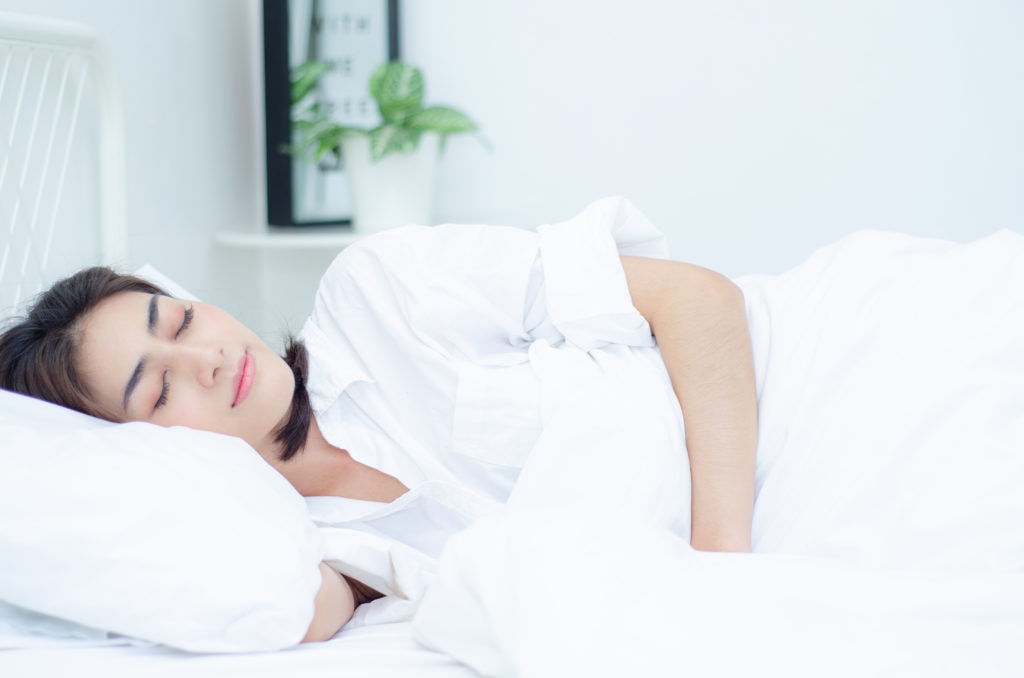
Helping people get a good night's sleep is big business. A report by Statista estimates the worldwide sleep economy will reach a valuation of over $585 billion by 2024. And according to Global Market Insights, the global sleep tech devices market will surpass $27 billion by 2025.
What is a good night's sleep? That's the million-dollar question—literally. As an entrepreneur, figuring out how to sleep through the night could turn your dream of launching a 7- or 8-figure business into reality.
Don't believe us? Here are some sleep-related businesses to keep on your radar:
Bryte - Creating Better Sleep with AI Technology
Bryte is a restorative sleep technology company aimed at helping people achieve better, deeper, more consistent sleep habits. The brand's Restorative Bed addresses the most common sleep pain points:
"How can I fall asleep in 5 minutes?"
Quickly falling asleep isn't always easy. Bryte studied the science behind guided meditation to help calm the mind before bed. Its solution? The brand's AI-directed bed creates gentle head-to-toe motion beneath the sleeper. These movements help soothe you to sleep.
"How much deep sleep do you need a night?"
Some people fall asleep easily but wake up constantly. Once again, Bryte studied the different stages of the sleep cycle. To help people sleep deeper, the Restorative Bed relies on AI to adjust the temperature based on the sleeper's heart rate and breathing patterns. The bed's inner coils also recalibrate throughout the night to alleviate pressure points.
But does anyone really need AI technology to help them sleep better? Investors believe they do. In January 2021, Bryte received $24.5 million in a Series A funding round led by ARCHina Capital.
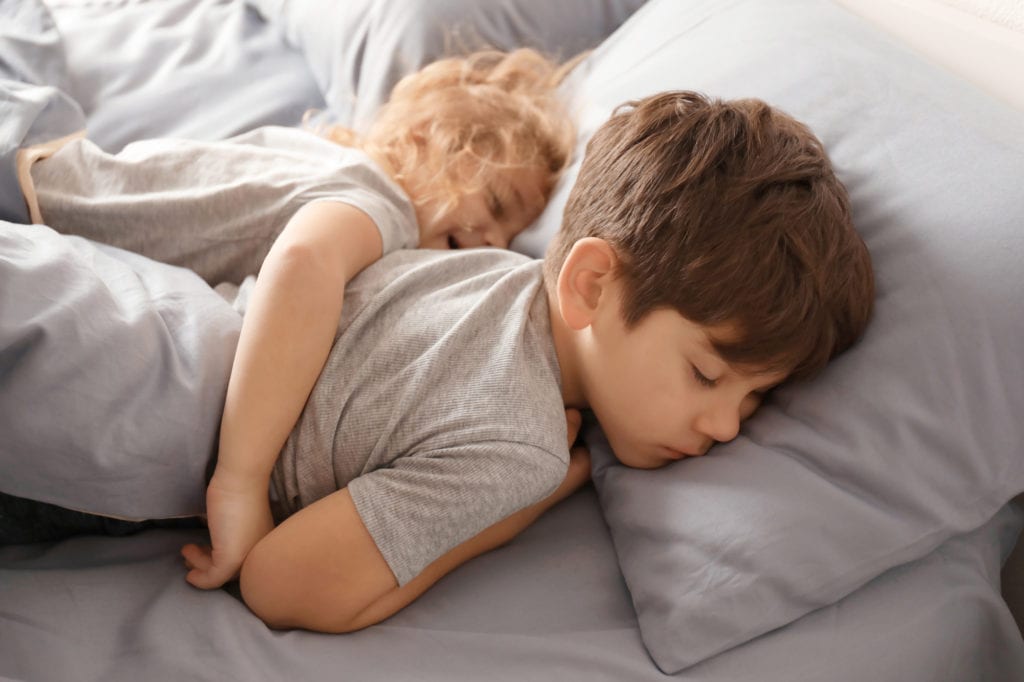
Moshi - Launching Apps to Help Kids Sleep Longer
Kids need even more sleep than adults. The American Academy of Pediatrics recommends 9-12 hours of sleep for 6-12-year-olds. And while home remedies for insomnia may help a bit, Moshi decided to up the game even more. In 2018, the brand launched a series of sleep and mindfulness apps for children.
How can an app help your child fall asleep? Each app features audio-only stories to help calm active minds and encourage sleep. According to Moshi, the stories help kids fall asleep 28 minutes faster, ensure they sleep 22 minutes longer, and decrease night wakings.
Does this technology work? Moshi has over 45,000 reviews in the Apple App Store, and it has an overwhelming number of 5-star ratings. And investors also believe in Moshi's sleep app. The brand has raised over $54.5 million in funding over 12 rounds.
Lumos - Say Goodbye to Jet Lag
Jet lag is no joke—just ask anyone who catches a redeye flight for a business trip. The change in time zones can really mess with your circadian rhythm. Many frequent flyers wonder, "Should I just stay up if I can't sleep?" And no, sleep deprivation only makes matters worse. Lumos decided to find a solution for jet-lagged travelers and launched its smart sleep mask in 2018.
Another sleep mask? Aren't there already a ton of them at your local drug store? Not like Lumos. According to the company, the mask "stimulates the neurological pathways that regulate your body clock and allow you to program your own sleep schedule." For those without a medical degree, Lumos relies on light therapy to reset your body's sleep patterns.
Wearers swear by Lumos, and investors also believe in this revolutionary sleep mask. The company received $1 million in seed funding from Bolt and StartX.
Launch a Snooze-Inducing Business
Want to help people sleep soundly? Innovation is the name of the game. There are tons of products on the market that claim to promote sleep, but what can you do to make them even better?
The most successful entrepreneurs don't just create copycat products. Instead, they innovate upon them. They get to know their audience's pain points and seek ways to solve them. And in the sleep business, you hope someone falls asleep during your presentation. Want some ideas to get started? Consider building a brand around these sleeping tips:
Sleep and Fitness
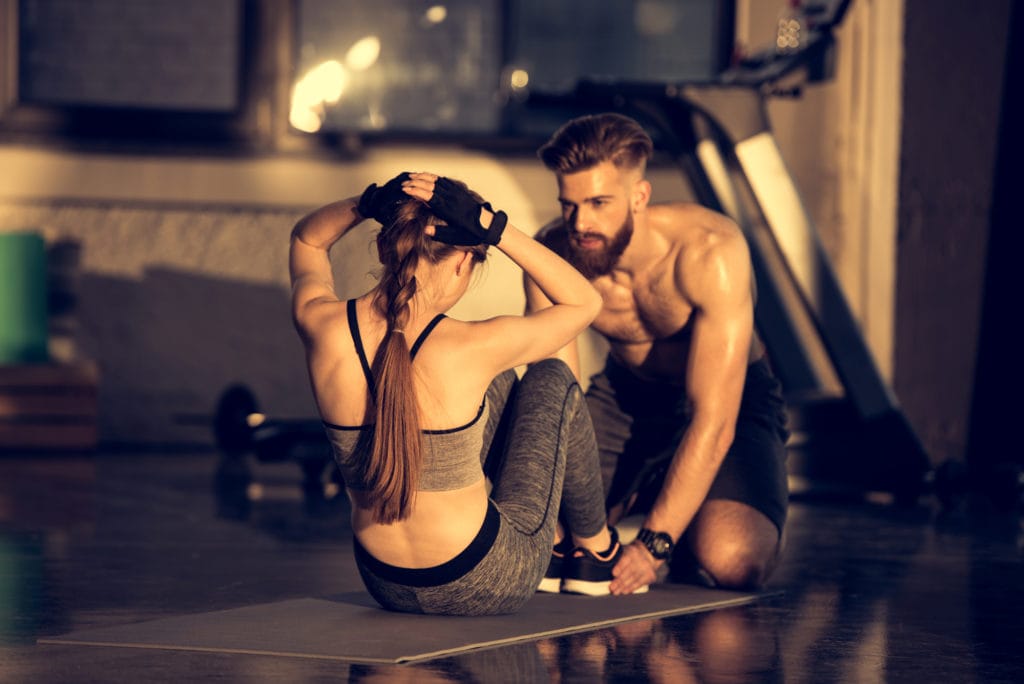
What if you could combine the $96 billion fitness club industry with the multi-billion sleep market? Well, you can! Many doctors recommend their patients exercise for a better night's sleep. If you enjoy working out, consider launching a bedtime fitness app. You could incorporate some light aerobic exercise with calming yoga to help your audience sleep through the night.
Sleep and Food
Certain foods can also help people get better sleep. As an entrepreneur, your brand could focus on selling healthy food for better sleep. Foods rich in tryptophan (like almonds and turkey) help people doze off quickly, and it's best to avoid sugar. Damien Law launched Effin' Good Snacks to help his audience tackle late-night munchies without compromising their sleep.
Sleep and the Mind
The human mind is powerful, and it's not always easy to turn it off at night. Add depression or stress to the mix, and insomnia is sure to follow. You could focus your brand on how to sleep better with anxiety. If you're tech-savvy, consider launching an app to help calm brain activity. (And if you don't know anything about technology, hire someone else to design it!) Meditation, music, and guided imagery are all beneficial for reducing stress. Aura is a top-selling, award-winning sleep app that combines nature sounds, guided meditations, and cognitive behavioral therapy to help users sleep better.
Market to a Sleep Audience
Who needs sleep? Everyone. But you should limit your brand's audience at first. Who do you want to help sleep the most? Tired moms? Hyperactive children? Jet-lagged travelers? Fellow entrepreneurs?
Once you pinpoint your target audience, coming up with the right product is the easy part. But it's still up to you to connect with them. How will you market your sleep-enhancing brand?
Let's pretend your target audience is the working mom who must juggle her busy career and energized toddlers. Sleeping at night is a luxury. And they will do almost anything to doze off for a solid eight hours without interruptions. Here's why they may head for help:
Social media
Tired moms love connecting with other tired moms online. They share stories and swap advice. To reach this audience, your brand needs an active social media presence. Instagram, Facebook, Twitter, and TikTok are great places to start. Post daily, and watch as your follower count skyrockets.
Mommy blogs
Blogging was huge a few years ago, and while the trend has fizzled out a bit, it's still very popular with moms. Blogs provide a place for mothers to vent and offer advice. Mommy bloggers also spend a lot of time reviewing and recommending products. Send out some samples to successful mommy influencers like Rookie Moms, and watch your sales soar.
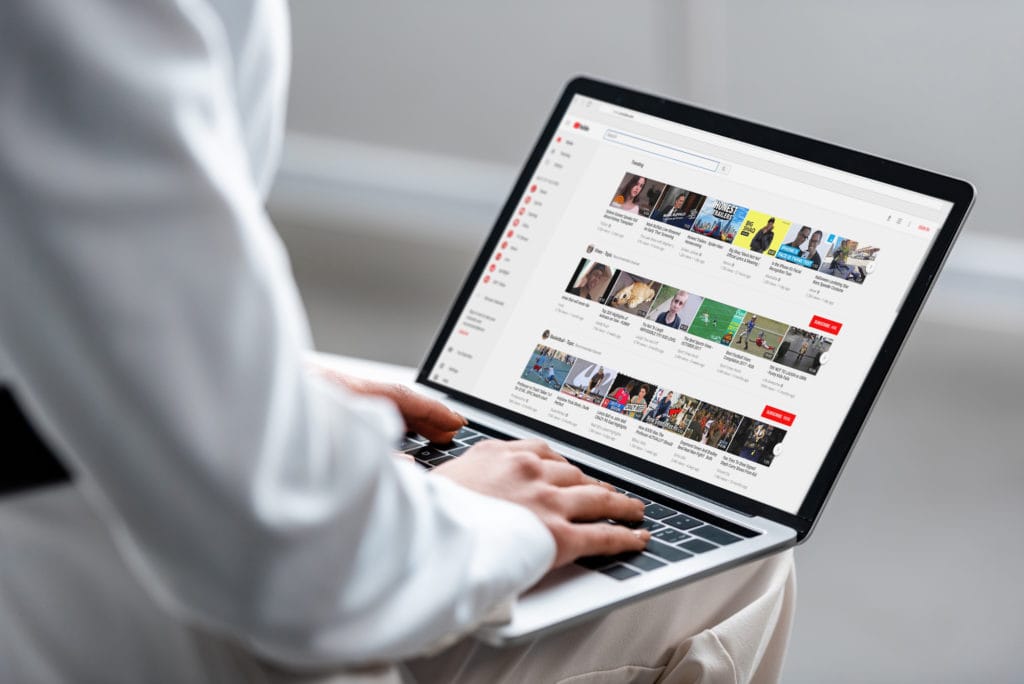
YouTube
While many moms use YouTube to entertain their kids, others also seek out professional help. Consider connecting with influencers in the mothering arena, such as Life as a Mommy (465K subscribers).
And while connectivity with influencers is always helpful, great marketing comes directly from you! Content marketing still produces clicks and generates sales. Create a website with fully functional landing pages. Make sure it's mobile-friendly—after all, many sleepy people browse their phones while in bed. And don't underestimate the value of an email list.
Stop Losing Sleep Over Funding
In a perfect world, every entrepreneur would have enough cash flow to self-fund their products. Unfortunately, starting a business isn't always cheap. And when you add technology and research to the mix, prices can skyrocket. Instead of losing sleep over a lack of funds, try these proven methods to raise the cash you need:
Crowdfunding
Crowdfunding lets you fund a project with small pledges from a lot of donors. Kickstarter and Indiegogo are two of the best-known crowdfunding sites. The most successful campaigns connect with the audience and explain why they need the product. Most brands also offer product rewards to donors.
And yes, some better sleep brands have awoken a rabid audience. In 2016, Aros (formerly known as Hypnos) fully funded its campaign for a sleep hoodie. A total of 3,044 backers pledged $322,915 to bring the Hypnos inflatable sleep hoodie to life.
Angel Investors
If you don't mind sharing equity, angel investors may be able to provide seed funding for your sleep product. But these investors won't give up their cash to just anyone. You'll need to prove your idea is both viable and sustainable.
Sleep fitness company Eight Sleep raised $6 million in seed funding to get its latest launch off the ground. The product? A heating and cooling mattress that's popular with both athletes and CEOs alike.

Micro-Investors
Once upon a time, only the rich could invest in startups, but the Jumpstart Our Business Startups Act (JOBS Act) of 2012 changed investing forever. And after the SEC adopted the Regulation Crowdfunding final rules in 2016, anyone could invest in startup companies.
Micro-investing platforms, like Republic, Wefunder, and NextSeed, allow entrepreneurs to find potential investors. In 2019, SleepChoices funded $35,010 thanks to 55 investors on Republic. It was enough seed money to launch the brand's Snuz Mattress.
Once you get enough funding, launching your product becomes the easy part! And you'll be able to sleep soundly knowing it will be a success.
The Takeaway
Everyone needs sleep, but most of us aren't getting enough. Revenue in the sleep technology industry should exceed a 16% CAGR through 2025. There's more than enough space in this booming market to add a few new sleep-boosting innovations.
Got a product in mind? Now is the time to help others finally get the rest they deserve. Other brands have already launched 7- and 8-figure companies. Your revolutionary sleep device could be next.
